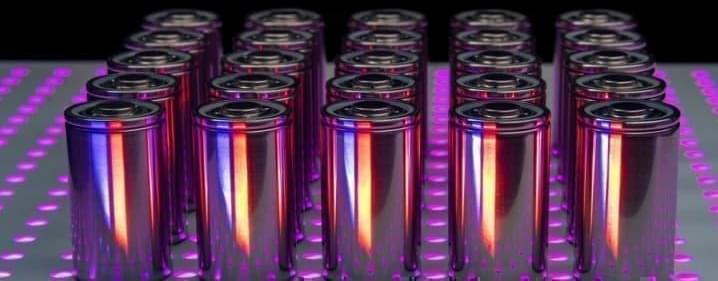Washington University in St. Louis scientists have developed a novel material that supercharges innovation in electrostatic energy storage. The material is built from artificial heterostructures made of freestanding 2D and 3D membranes that have an energy density up to 19 times higher than commercially available capacitors.
Electrostatic capacitors play a crucial role in modern electronics. They enable ultrafast charging and discharging, providing energy storage and power for devices ranging from smartphones, laptops, and routers to medical devices, automotive electronics and industrial equipment. However, the ferroelectric materials used in capacitors have significant energy loss due to their material properties, making it difficult to provide high energy storage capability.
